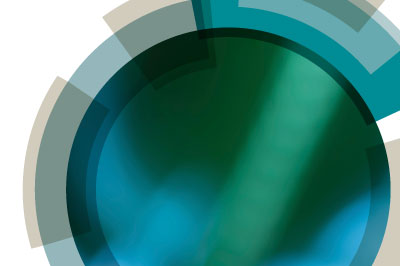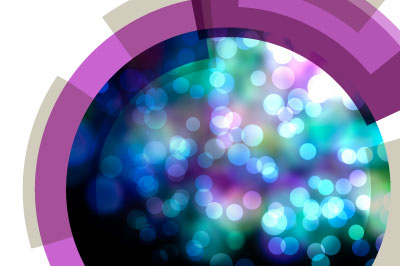Gold has been a topic that has fascinated mankind for millennia. It is the most noble of metals; it does not tarnish on exposure to air. However, until recently, gold has presented very little fascination for chemists, as its chemical inertness as a bulk metal appeared to provide very limited opportunities to open up new and exciting chemistries. It was almost as though the fact that gold is the most noble of metals precluded anyone from really searching for new interesting discoveries.
The chemistry of gold was once relatively undeveloped, but this is no longer the case. The observation that gold, when sub-divided to the nanoscale, can be exceptionally active as a catalyst, has spurred a great number of discoveries. Gold now fascinates material scientists, catalysis, surface and synthetic chemists and theoreticians in great numbers.One reason for this is that gold catalysis provides a link between model systems that can be produced by materials and surface scientists, probed by theoreticians and the real systems used in catalyst discovery. The newly-discovered chemistry of gold can be used to gain a deeper understanding of catalysis, and how materials can be synthesized and stabilized at the nanoscale.
Aims
The precise nature of the active sites and the mechanisms of the catalysed reactions of gold are as yet unknown. FD152 focused on the origins of high catalytic activity observed with gold nanoparticles. The aim was to bring together the catalysis and surface science communities with materials scientists and theoreticians, so that new insights could be gained.
Themes
Gold catalysis at the gas solid interface
Gold catalysis and materials science
Theoretical insights on gold catalysis
Gold catalysis and enhanced selectivity
Scientific Committee
Professor Graham Hutchings (Cardiff University, UK) (Chair)
Professor Mike Bowker (Cardiff University, UK)
Dr Barry Murrer (Johnson Matthey, UK)
Professor Robert Schlögl (Fritz-Haber-Institut der Max-Planck-Gesellschaft, Germany)
Professor Rugter van Santen (Eindhoven University of Technology, The Netherlands)









